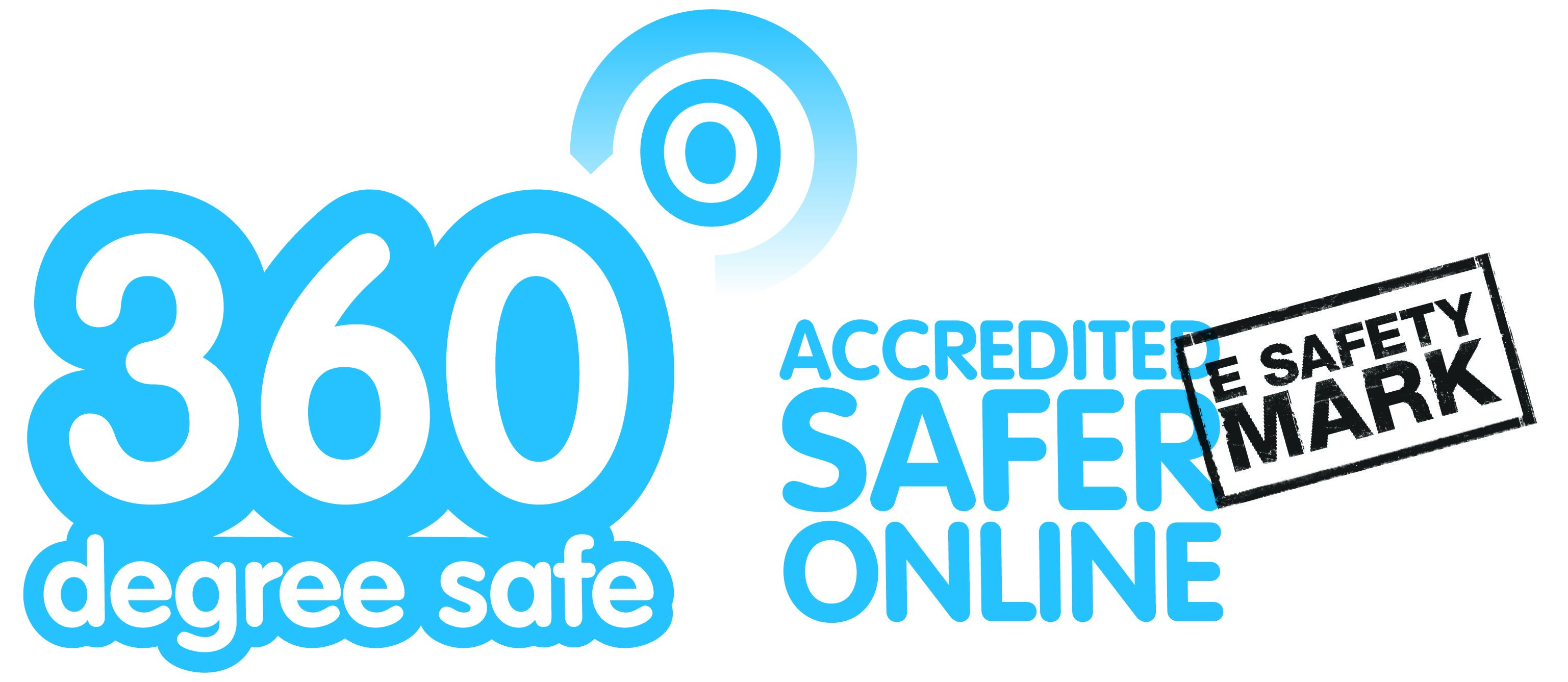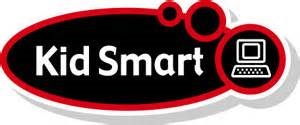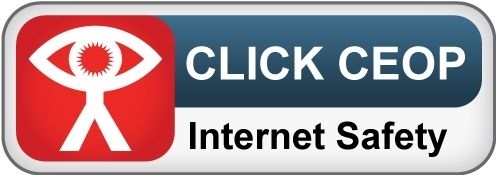Reporting to CEOP

CEOP takes all reports seriously and children of all ages can report through the Click CEOP button. The reporting form is designed to be as accessible as possible by children, but it is highly recommend that young children seek the support of an adult they trust to help them make a report.
All reports to CEOP are treated sensitively and are read and risk assessed by a CEOP Child Protection Adviser. It is not possible to report to CEOP anonymously as CEOP have a duty to ensure the child or young person is safe. Reports made outside of office hours are viewed by the NCA Control Centre. Urgent concerns about a child’s safety are referred by the Control Centre to local police. CEOP advise any urgent reports where a child is in immediate danger should be reported to the local police force where the child is located.
Tik Tok
This social network app is from the creators of Musical.ly. As Musical.ly officially went offline earlier this year, TikTok has taken its place offering the user the ability to watch musical clips, create short clips up to 60 seconds and add special effects to them.
It is not “more dangerous” than some other apps, but to help keep your children safe we recommend that you help your child review their privacy settings and to be aware that: “Even with a private account, profile information – including profile photo, username, and bio – will be visible to all users. Reinforce with your child that they should not reveal personal information such as age, address, or phone number in his/her profile.”
Tik Tok App safety
Online Safety is an important part of keeping children safe at Laurel Avenue Community Primary School. We have extensive security measures in place in school, which are monitored both internally and externally, to help safeguard pupils from potential dangers or unsuitable material. Any Online Safety incidents are recorded and managed in accordance with Online Safety Policy. Online Safety is taught to all pupils explaining and demonstrating how to stay safe and behave appropriately online.
We can only be successful in keeping children safe online if we work with parents to ensure the Online Safety message is consistent. It is important that parents speak to their children about how they can keep safe and behave appropriately online.
It’s essential to be realistic - banning the internet or technology will not work and it often makes a child less likely to report a problem. Education around safe use is essential.
E-Safety Mark
In July 2015, our e-safety provision was reviewed by an external assessor who met with staff, parents, governors and pupil and awarded us with the E Safety Mark. This mark recognises that our school provides a high level of protection for users of The Internet.

Below are examples of websites with further E-Safety information.
parentInfo
Parent Info is collaboration between CEOP and Parent Zone and provides information to parents and carers about their children’s wellbeing and resilience, internet safety and a wide range of other topic matters like sex, relationship and body image.
|
 |
Think U Know Website
You probably like to use the computer for fun. The Think U Know website will help you go on the internet in a safe way and tell who to talk to if you are worried.
You can also find out about Lee & Kim’s adventures or watch Hector and his friends learning to use computers safely! If you want to talk to someone else you can call ‘Childline’, which is a place where people who are nice can help you. They won’t tell anyone that you have called and it’s free.
You can phone them on: 0800 1111.
|
 |
Top Tips
-
Always ask a grown up before you use the internet. They can help you find the best thing to do.
-
Don’t tell strangers where you live, your phone number or where you go to school. Only your friends and family need to know that.
-
Don’t send pictures to people you don’t know. You don’t want strangers looking at photos of you, your friends or your family.
-
Tell a grown up if you feel scared or unhappy about anything.
KidSMART Website
Be Smart be cool – Be smart online.
What’s your favourite thing to do online. Visit the KidSMART website and learn more about the internet and being a SMART surfer. Learn the SMART Rules with Kara Winston and the SMART Crew. If anything goes wrong online or upsets you make sure you tell someone about it. Download a poster of the SMART Rules by clicking the link below.
|
 |
Kid's Smart poster
Pupils E-Safety Agreement
For my own personal safety – everywhere!
-
I will ask permission from a member of staff before using the Internet at school.
-
I am aware of “stranger danger” when on line and will not meet online friends.
-
I will tell an adult about anything online which makes me feel uncomfortable.
-
I will not try to bypass the system to reach websites the school has blocked.
-
I understand that the school may check my files and may monitor the web pages I visit.
-
When in school I will only contact people with my teachers permission.
-
I will be very careful when sharing pictures or video of myself or my friends, if I am in school I will always check with a teacher.
-
I will not put my “Personal Information” online. (My full name, birthday, phone number, address, postcode, school etc.)
To keep the system safe
-
I will only use my own login and password, which I will keep secret
-
I will not access other people's files
-
I will not play games on a school computer unless my teacher has given me permission
-
I will not install software on school computers
-
I will not use the system for gaming, gambling, shopping, or uploading videos or music
Responsibility to others
-
The messages I send will be polite and responsible.
-
I will not upload images or video of other people without their permission.
-
Where work is copyrighted (Including music, videos and images) I will not either download or share with others.
-
I understand that the school may take action against me if I am involved in incidents of inappropriate behaviour wherever their location. If the activities are illegal this may be reported to the police.
Personal Devices
-
The school cannot accept responsibility for loss or damage to personal devices.
-
It is not permitted for pupils to bring mobile phones to school.
-
In special circumstances (pre-arranged by a parent/carer) or if mobiles are brought into school in error, they must be kept locked in the school safe until the end of the school day.
-
Other devices (e.g. Games consoles, cameras) should only be brought into school with permission from a teacher.
Keep this part of the agreement at home. Read it regularly to remind yourself how to stay safe on the internet at home and school.
online safety policy 2021
E-Safety Pupil Acceptable Use Policy KS1 Agreement
E-Safety Pupil Acceptable Use Policy KS1 Contract
E-Safety Pupil Acceptable Use Policy KS2 Agreement
E-Safety Pupil Acceptable Use Policy KS2 Contract
Help and Advice
If you find something on the internet or someone has made you sad or scared you should tell your mum, dad or the person who looks after you at home or a teacher at school. If you would like to talk to someone else we have added some links to the Advice Help and Report Centre on the CEOPS website. You can contact people who are friendly and helpful by following the link for your age group.

Search engines
Please note that no search engine is ever 100% safe but below provides some links to some “safer” search engines:
Research searching
Swiggle
kids yahoo
Image searching
Pics4Learning
picsearch
Gaming
When children are accessing games via Xbox LIVE, privacy settings can be set up.
Xbox Live support